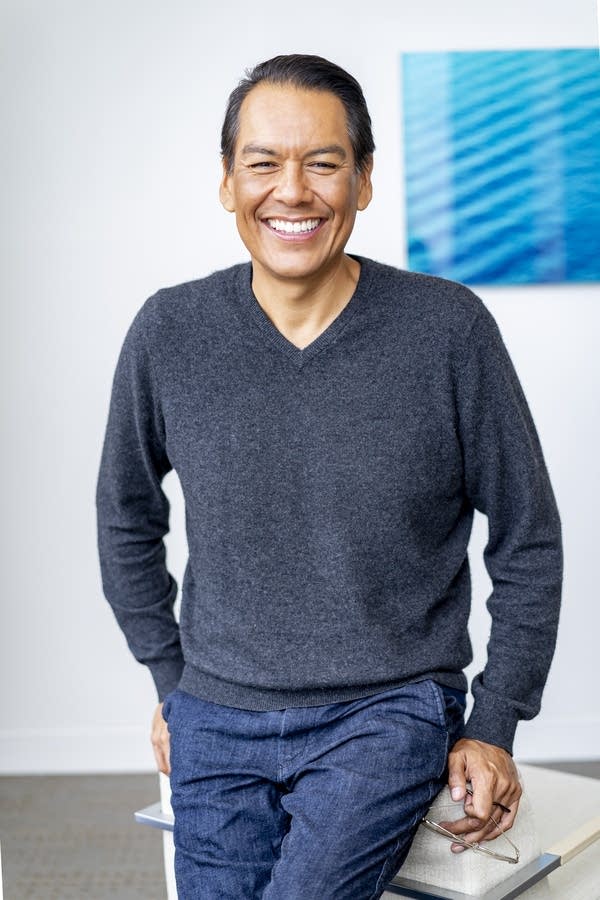Sundance indigenous workshop helps Native filmmakers reclaim their stories

Go Deeper.
Create an account or log in to save stories.
Like this?
Thanks for liking this story! We have added it to a list of your favorite stories.
Making movies is hard. It's even harder if you are trying to honor a culture long distorted by Hollywood. Native American filmmakers from around Minnesota will gather in St. Paul Saturday to talk about how they are directing the process.
"If you look at the whole history of American cinema, the representation of Native people and indigenous people has really always been told by others, by outsiders, by people who have been uninformed about the constructions of Native characters and stories," said Bird Runningwater, a member of the Cheyenne and Mescalero Apache tribes.

Runningwater directs the Sundance Institute's Indigenous Program, which is offering Saturday's workshop. He said the 1998 release of "Smoke Signals" marked the first feature film written, produced and directed by Native Americans.
"And so we understand that there are a lot of really rich stories that are just dying to be told," Runningwater said.
Turn Up Your Support
MPR News helps you turn down the noise and build shared understanding. Turn up your support for this public resource and keep trusted journalism accessible to all.
The workshop at FilmNorth in St. Paul will explore different approaches to documentary production.
Filmmaker Leya Hale, who is Dakota and Dinai, took part in a Sundance workshop in St. Paul two years ago. She is eager to spend time with other Native filmmakers.
"There's not a lot of us, so every time I get an opportunity to be around them, I am there," she said.
Hale makes documentaries about the indigenous experience, some of which have aired on TPT, most recently "The People's Protectors" about the native people who served in the U.S. armed forces including in Vietnam.
Hale is now developing a film on missing and murdered indigenous women. She said it's good to be able to compare techniques and approaches with other Native American filmmakers.
"The film making process itself is really non-indigenous-like," she said. "I think that it's important that a Native person is there that's making them feel comfortable in order to open up and share some of these stories that are really important to our people."
Milwaukee-based director Sky Hopinka, of the Ho-Chunk and Pechanga Band of Luiseño Indians, is a mentor and has won awards for his work.
"He has such a different approach and technique to every single one of his stories," Runningwater said. "We really want to encourage our filmmakers that there is not one right, singular way to tell a story on film."
FilmNorth's executive director Andrew Peterson is not Native American, but has been involved in the development of queer film. He said there is an arc to underrepresented communities telling their own stories. First, they set the record straight. Then they tell more nuanced stories, and ultimately, stories where a major character happens to be someone from that community.
"Those characters are bringing a very unique spin to that story or that type of genre," he said, "That gives a freshness to the romantic comedy, to the action movie, to the thriller."
Each participant in the workshop will bring a work in progress. Bird Runningwater said maybe one of the films they work with this weekend will end up at the Sundance Film Festival.
Members of the public can get a sense of the variety of Indigenous film making at a free screening of film shorts Friday at 7:30 p.m. at Metropolitan State University in St. Paul.


